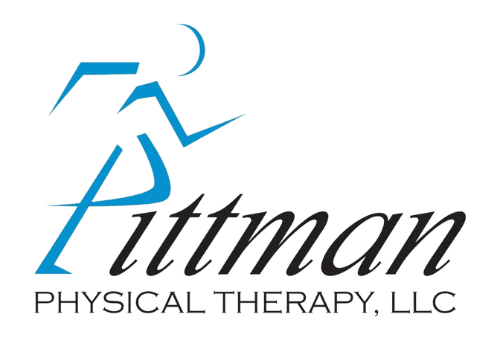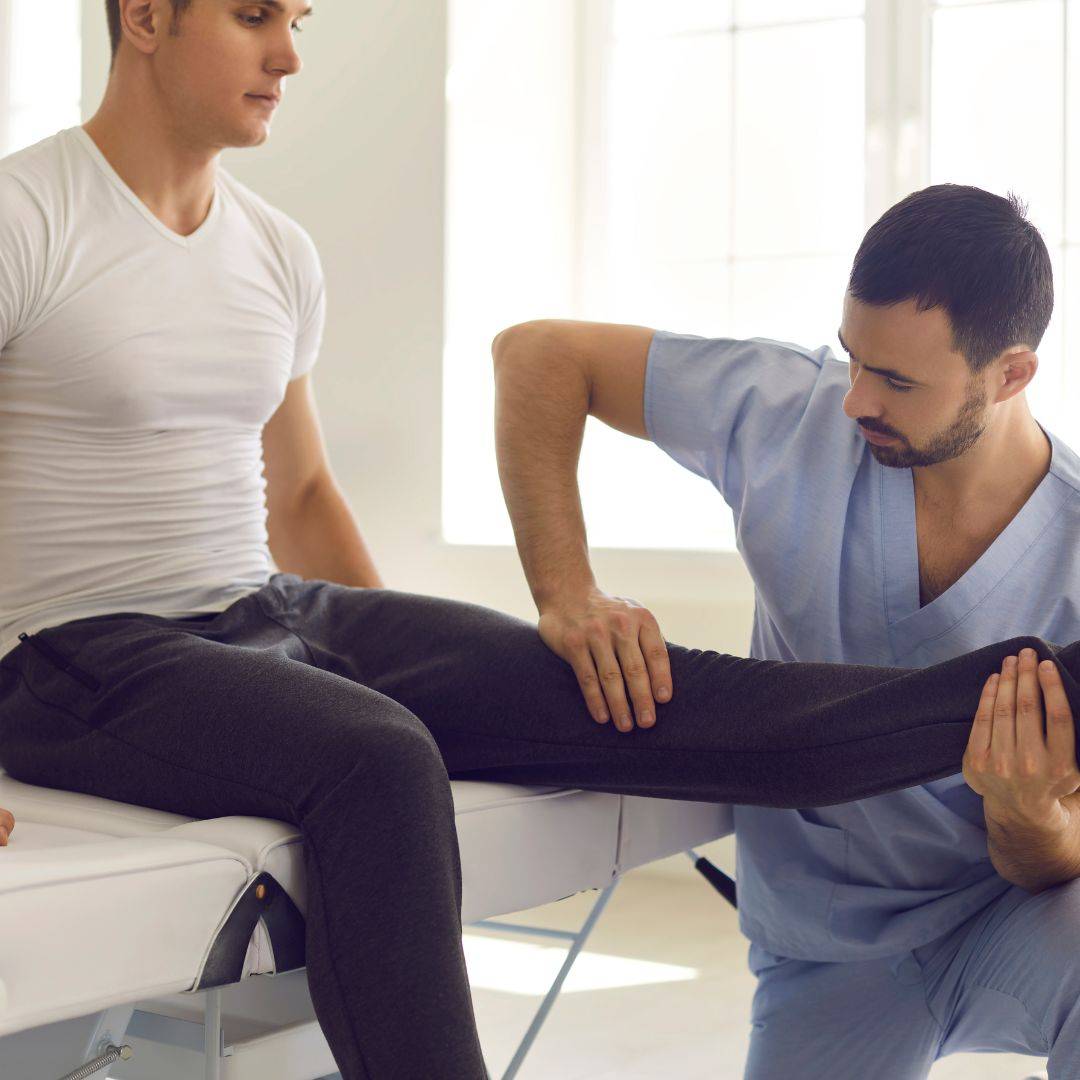The Role of Physical Therapy in Preventing Surgery
Physical therapy focuses on strengthening muscles, improving mobility, and relieving pain through non-invasive techniques. By addressing the underlying causes of pain and dysfunction, physical therapy can not only alleviate symptoms but also prevent the need for surgical intervention.
Common Conditions Where Physical Therapy Can Help Avoid Surgery
1. Knee Pain and Osteoarthritis
Knee pain is a common reason for patients to consider surgery, especially when dealing with osteoarthritis. However, targeted physical therapy exercises can strengthen the muscles around the knee joint, improve flexibility, and reduce pressure on the joint, providing relief without the need for surgery.
2. Lower Back Pain and Disc Injuries
Many patients with lower back pain or disc injuries are advised to undergo spinal surgery. However, spinal manipulation and core-strengthening exercises provided by physical therapy can relieve pressure on the spine, improve posture, and reduce pain without surgery.
3. Shoulder Pain and Rotator Cuff Injuries
Injuries to the rotator cuff or persistent shoulder pain often lead to surgery. However, with physical therapy, it’s possible to reduce inflammation, restore flexibility, and strengthen the shoulder muscles to avoid invasive procedures.
How Physical Therapy Works as a Preventative Tool
1. Addressing Muscle Imbalances
Muscle imbalances are often at the root of pain and joint dysfunction. By strengthening weak muscles and improving flexibility, physical therapy helps restore balance to the body, reducing the risk of injury and avoiding the need for surgery.
2. Improving Mobility and Flexibility
Limited mobility can put undue stress on the joints, leading to chronic pain and injury. Physical therapy improves joint flexibility and range of motion, which can prevent the conditions that may require surgery.
3. Enhancing Body Mechanics and Posture
Poor posture and improper body mechanics often lead to conditions like back pain, neck pain, or knee pain, which can eventually require surgery if left unaddressed. Physical therapy helps correct posture and optimize movement patterns, reducing the strain on joints and muscles.
The Benefits of Physical Therapy Over Surgery
1. Non-Invasive Treatment
Unlike surgery, physical therapy is non-invasive and doesn’t involve the risks of anesthesia, long recovery times, or potential complications. It allows patients to regain strength and mobility without the need for incisions or hospital stays.
2. Faster Recovery and Fewer Risks
While surgery often requires weeks or months of recovery, physical therapy offers a more gradual improvement process without the risks of infection or complications associated with surgery. In many cases, patients can return to their normal activities faster with therapy than they would with surgery.
3. Long-Term Results Without Downtime
Physical therapy not only addresses the symptoms but also targets the underlying causes of pain, offering long-term solutions. By focusing on improving strength, flexibility, and mobility, patients often experience lasting relief without the downtime that surgery typically requires.
Success Stories at Pittman Physical Therapy
At Pittman Physical Therapy, we have helped numerous patients avoid surgery through our personalized treatment programs. By offering a combination of manual therapy, exercises, and patient education, we’ve been able to provide effective solutions for patients suffering from chronic pain and injury.
Case Study Example: A patient suffering from chronic knee pain and initially advised to undergo surgery came to us for physical therapy. After several weeks of customized exercises focused on strengthening the muscles around the knee and improving flexibility, they were able to avoid surgery altogether and return to their active lifestyle.
Why Choose Pittman Physical Therapy?
With locations in Collierville, Germantown, and Hernando, Pittman Physical Therapy is committed to providing preventative care that addresses pain and injury before surgery becomes necessary. Our expert therapists create customized rehabilitation programs tailored to your specific needs, helping you regain function, reduce pain, and avoid invasive procedures.
1. Comprehensive Assessments
We perform thorough evaluations to determine the best course of treatment, ensuring we address the root causes of your pain or injury.
2. Personalized Treatment Plans
Each patient receives a unique, individualized treatment plan designed to meet their specific needs, whether they are dealing with knee, back, or shoulder pain.
3. Expertise in Preventative Care
Our therapists are experienced in using preventative care techniques that help patients recover naturally and avoid the need for surgery.
Conclusion
Physical therapy offers a powerful, non-invasive alternative to surgery by addressing pain and injury early on. Whether you’re dealing with chronic pain in your knees, back, or shoulders, the team at Pittman Physical Therapy is here to help you avoid surgery and regain full function through personalized, preventative care. Schedule your appointment at one of our clinics in Collierville, Germantown, or Hernando to begin your journey to pain relief and recovery.
FAQs
1. Can physical therapy really prevent the need for surgery?
Yes, in many cases, physical therapy can improve strength, flexibility, and mobility, helping to alleviate pain and avoid the need for surgical intervention.
2. How long does it take to see results from physical therapy?
Results vary depending on the condition, but many patients begin to see improvements within a few weeks of starting therapy.
3. Is physical therapy painful?
Physical therapy may involve some discomfort as you work to improve strength and flexibility, but it is designed to be a safe, manageable treatment option.
4. What types of conditions can be treated with physical therapy?
Physical therapy can treat a wide range of conditions, including knee pain, back pain, shoulder injuries, and chronic conditions like osteoarthritis.
5. Do I need a referral from my doctor for physical therapy?
In many cases, you don’t need a referral to start physical therapy. However, it’s always a good idea to check with your insurance provider to confirm.



